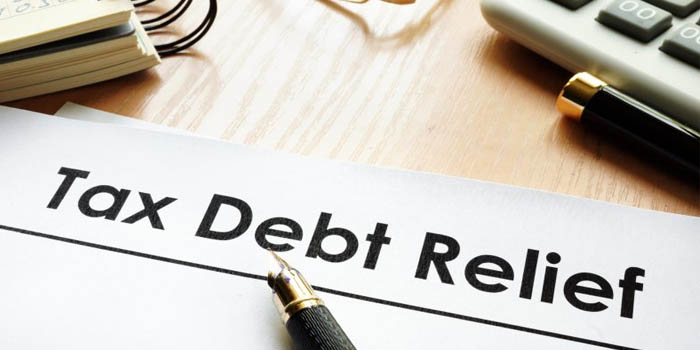The dilemma of having back taxes has become a common issue for American citizens in the past few years. The present economic situation has given difficulties to even the most hardworking people when it comes to personal finance. When providing for daily needs and paying the bills becomes a struggle, it is understandable that the additional burden of taxes becomes a challenge. It seems that having to pay for back taxes is inevitable.
While this sounds troubling enough, the IRS does offer a variety of programs intended
to ease the financial burden for some people who owe back taxes. Keep reading
to learn more about tax debt forgiveness and management options.
Being Declared “uncollectible”
There are various circumstances that can hinder you from paying for your back taxes. Sudden unemployment, business failure, or financial emergencies like severe illness or accidents may have led to a sharp decline in your annual income. Whatever the case may be, you simply cannot pay your taxes, and you need some type of tax debt forgiveness to stop the wage levies, bank levies, and potential property seizures.
In this scenario, you may qualify for an uncollectible status. Being declared uncollectible means that the IRS has to stop trying to collect on your back taxes. The presence of the tax burden still exists, but until you have the capacity to pay it in due time, you don’t have to worry about levies, seizures, or other debt collection activities. In order to be eligible for uncollectible status, you must be able to present to the IRS that any income you do have is only sufficient to cover the needs and necessary expenses for yourself and your family.
The “Offer In Compromise” Program
Many Americans struggling with back taxes are unable to pay for them due to the amount of accumulated penalties and interests that need to be paid along with the principal amount they owe. In lieu of this, the IRS offers a tax debt forgiveness program called “Offer in Compromise”. This program allows qualified people to settle their back taxes with the IRS for less than what they owe.
Under the program, you may be able to eliminate penalties and interest all together, and only be responsible for an amount you can actually handle. Upon applying for the program, the taxpayer’s income and assets is evaluated by the IRS to determine their capacity to pay. However, do note that this offer does not apply when liability payment through lump sum or payment agreement is still an option.
Installment Agreements
Generally, all creditors are concerned with collecting the obligations due to them, and that includes the IRS. Ideally, debtors should be able to pay for the amount they owe almost immediately, but that is not the case in reality. If you’re having difficulty with past due taxes and haven’t qualified for another tax debt forgiveness program, consider entering into an installment agreement with the IRS.
This program may not be ideal for individuals with large tax burdens, especially those who can only make minimum monthly payments. However, it can be a good starting point. Entering into an installment agreement, for the meantime until you find a better alternative to proceed, places you in compliance with the IRS – avoiding harassment and stressful collection activity.
Filing Bankruptcy
Some but not all tax debt is dischargeable through bankruptcy. Depending on whether you file Chapter 13 or Chapter 7, your tax debt could be significantly reduced either right away, or after following through with your bankruptcy repayment schedule.
Note, both Chapter 13 and Chapter 7 options have certain qualification conditions that you need to meet. Taxes should be based on income, and there can not be any evidence of fraud or willful evasion. There are also conditions based on the date the return was filed and due as well as when taxes were assessed.
In Conclusion : Owing back taxes is a scary situation for many. Failing to respond to the situation could result to losing your home, car, or other assets to levies and seizures. It can also reflect badly on your credit rating, making it difficult to borrow money.. Worse, the longer it takes you to pay, the more obligations you have to worry about due to interests and penalties that stack up over time, considerably increasing the total amount you owe.
If you’re facing a mounting back tax debt, do not wait for it to become overwhelming for you.. Contact an experienced tax professional today and get started on the process towards tax debt forgiveness and a brighter financial future.
